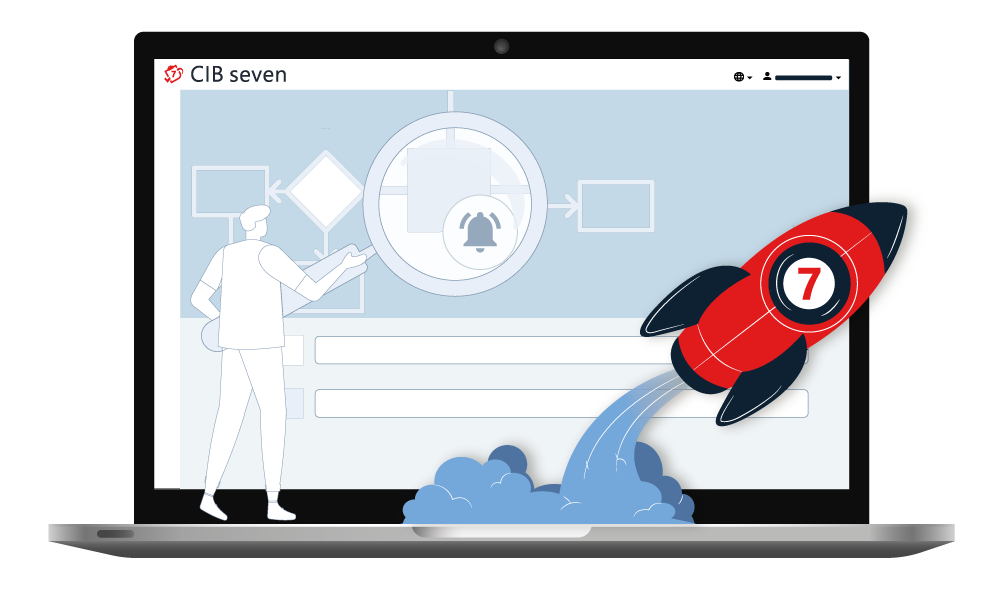Strategy: Why open source was chosen
In public, the migration of large organizations to free software is often reduced to saving on license costs. But as Michael Hillebrand from the Directorate of ICT & Cyber of the Austrian Armed Forces emphasized on ORF: "We are not doing this to save money." [oe1.orf.at] The real strategic driver was another – independence.

For a security-critical organization, whose core mission is to remain operational during crises, reliance on proprietary foreign software carries significant risks. It is about having full control over its own infrastructure and data, which is highly relevant in times of increasing cloud adoption and global geopolitical tensions. The decision to choose LibreOffice is therefore a clear commitment to shape its IT future independently and not submit to the dictates of global tech giants [oe1.orf.at]. It is about self-determination, security, and resilience – exactly the values that also define our philosophy.
A long road to independence: From the idea to a strategic partnership

A change of this magnitude requires careful planning and a strong partner. The decision-making process began back in 2020, with the clear understanding that cloud services would significantly increase dependence on external providers [oe1.orf.at]. After a public tender in 2023, a German software company was commissioned to support the project. The choice fell on CIB.
Since then, our task has been to support the Bundesheer with support and custom development of LibreOffice [heise.de]. But our role goes far beyond that of a simple service provider. This collaboration is a prime example of open-source culture in practice: the Bundesheer not only benefits from the freedom of open software but also actively contributes to the global community. Customizations and improvements that we develop on behalf of the military flow back as open source into the project and are therefore available to all users.
The consistent bridge from LibreOffice to CIB seven
The Austrian Bundesheer’s commitment to open source is not an isolated case, but rather reflects a growing strategic necessity that has always been central to us at CIB. Our long-standing partnership within the LibreOffice community has provided us with expertise in migrating and customizing open-source solutions. This experience forms the foundation for all our actions.

However, our commitment to digital sovereignty does not end with LibreOffice. With CIB seven , we have created a free, open-source alternative for companies that need a proven BPM platform for workflow and process management. Since the vendor has announced the end of support for the free open-source BPM platform Camunda 7, many companies face a difficult choice: either migrate to a closed-source solution with new dependencies or bear high migration costs.
With CIB seven , we ensure the long-term availability and support of the proven Camunda 7 platform. This allows companies to protect their investments and continue their process automation under their own control – in line with the digital sovereignty that also guided the Austrian Armed Forces in choosing LibreOffice.
Conclusion: Open Source as a strategic success factor
The Austrian Armed Forces project is a milestone for the significance of Open Source in critical infrastructures. The resulting freedom and full control over data and systems strengthen digital sovereignty not only in Austria but throughout Europe.

"Open Source and digital sovereignty are not just buzzwords for us, but a lived company philosophy," emphasizes Ulrich Brandner, founder and owner of the CIB Group. "Our long-standing involvement with LibreOffice and initiatives like CIB seven shows that we firmly believe: independence and innovation go hand in hand."
CIB is an experienced partner ready to accompany your organization on the path to greater digital sovereignty. With our expertise and solutions such as CIB seven, we help you maintain control over your digital future.
Let’s CIB!






